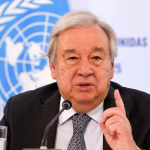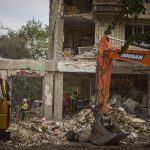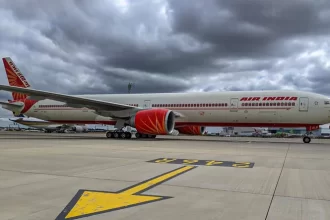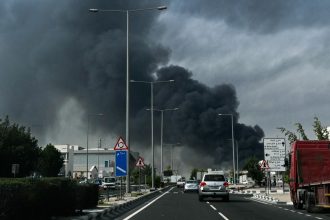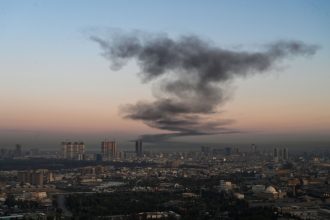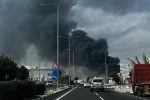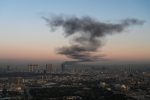A deepening conflict between Israel and Iran has taken a grim turn. Early today, Israeli forces launched a targeted strike on Iran’s Khondab nuclear site near Arak, while Iranian missiles tore through civilian areas in southern Israel, including a hospital in Beersheba. As military strikes continue, the human toll mounts—and with it, the fear of a broader regional war.
The Israeli military confirmed it hit Iran’s heavy-water reactor, part of a larger complex with the potential to produce plutonium for nuclear weapons. While no radiation risk has been reported, the intent was clear: cripple Iran’s nuclear capabilities. Meanwhile, Iran retaliated with missiles that struck densely populated Israeli cities, leaving dozens injured and five in critical condition. Soroka Medical Centre, one of Israel’s busiest hospitals, suffered damage in the attacks.
In southern Tel Aviv, terrified residents were trapped beneath rubble. Emergency crews scrambled to rescue civilians, many of them children, as missile trails still hung in the sky. Just meters away from the blast zones lie foreign embassies and diplomatic missions—underscoring how dangerously close the world is to being dragged into this deadly standoff.
Iran’s Revolutionary Guard claimed it was targeting military intelligence sites near the hospital. Yet, the victims tell another story. In both nations, civilians are paying the highest price.
President Donald Trump’s response added to global anxiety. “I may do it. I may not do it,” he said, when asked about possible U.S. military involvement. His unpredictability leaves allies and adversaries alike on edge. Trump later revealed Iranian officials had expressed interest in talks—an offer he dismissed as “a little late.”
In Tehran, Supreme Leader Ayatollah Ali Khamenei issued a warning: “Any U.S. military intervention will undoubtedly be accompanied by irreparable damage.” Iran insists its nuclear ambitions are peaceful, despite the International Atomic Energy Agency’s recent findings that it breached its non-proliferation commitments.
European powers are racing against time. Germany, France, and the UK are set to meet Iran’s foreign minister in Geneva tomorrow in a last-ditch effort to revive diplomatic negotiations.
Meanwhile, calls for calm are echoing from Washington to Moscow. President Putin refused to even entertain speculation about the possible assassination of Iran’s Supreme Leader by Israel and the U.S., stating, “I do not want to discuss this possibility. We need peace, not more graves.”
The death toll continues to climb. Israel reports 24 civilian deaths from Iran’s 400-plus missile barrage since Friday. Iran, meanwhile, has lost over 220 people—most of them civilians—according to state and independent sources.
As bombs fall and leaders posture, families on both sides of the border huddle in fear. The question the world must urgently ask: how many more must suffer before diplomacy becomes the priority?
The time to act is now—before this shadow war becomes a full-blown catastrophe.

